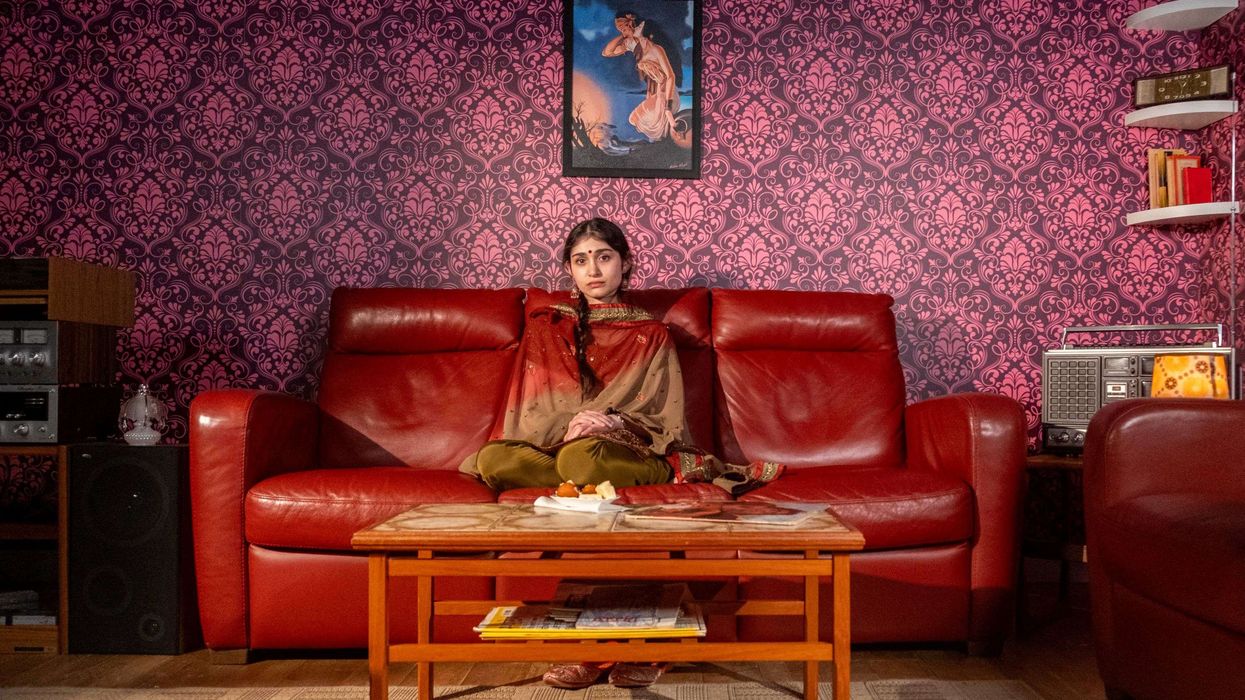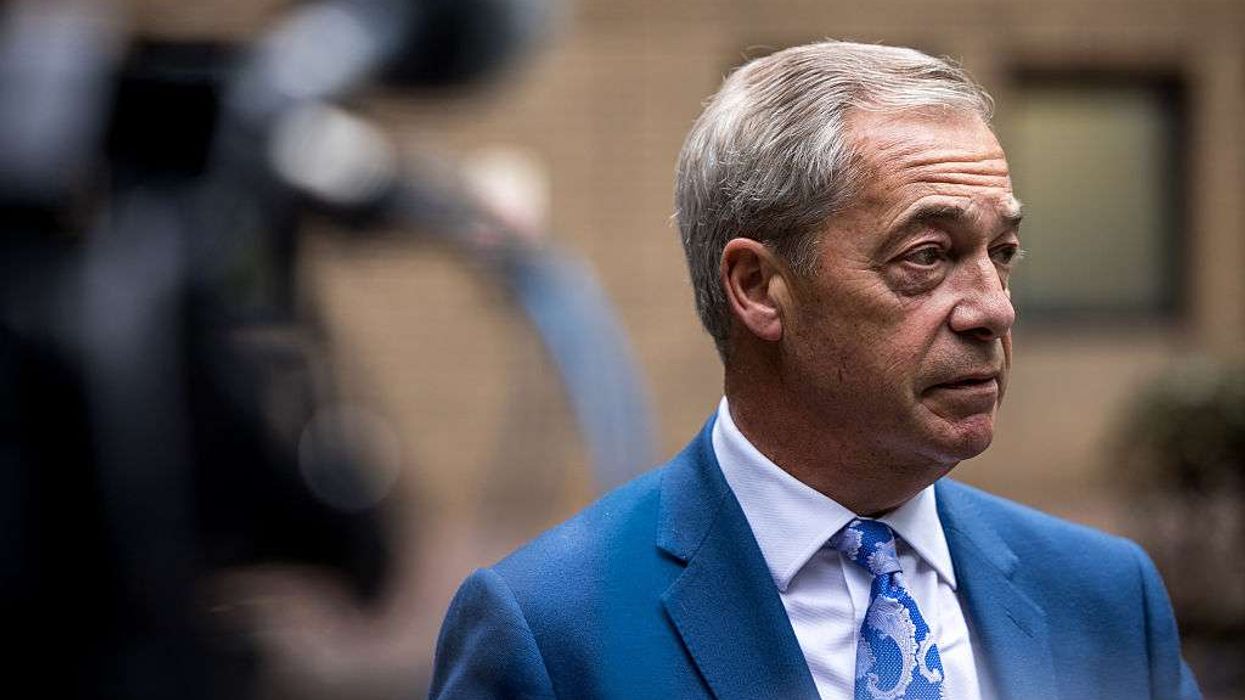By Imtiaz Ahmed, Mission Head – Agecare, HelpAge India
I FEEL an overwhelming sense of dread at the moment. The number of Covid-19 cases in India is surging every day, taking the total over 100,000. Now that the lockdown is being relaxed, I fear these numbers will significantly increase.
I hate to think what the numbers will be in June. I wonder if we are ever going to be able to come out of this crisis.
Testing is so difficult in a country with such a large population and inadequate health infrastructure. In the absence of active community screening, the numbers reported may be minuscule compared to the real numbers.
And there is an overriding concern that if Covid-19 breaks out in rural areas, the situation could be uncontrollable with the health centres unprepared, and many of them not having the intensive care units and ventilators needed to save lives.
I cannot even begin to explain the current levels of stress prevailing – related to both the spread of Covid-19 and the loss of livelihoods on an epic scale.
So many families are in deep trouble. Many of them have no means whatsoever of earning a living at the moment and if they aren’t already destitute, they fear they soon will be.
Many older people in India earn money through petty trading to be able to contribute to the family income and they are now struggling to do this because of the restrictions. Older people tell us that they are now entirely dependent on their families and they feel helpless.
Older people are particularly at risk, as there is not a universal national pension. And where states do offer pensions, it can be as low as Rs 200 to 300 (about £2-3) a month.
The government has thankfully released emergency funds to support older people, but this is only in certain states and many older people are really struggling to be able to feed themselves.
HelpAge is organising food distributions for marginalised older people across the country, in Delhi, Mumbai, Bangalore, Hyderabad and other smaller cities. We help about 10-12,000 people every day, but I’m fully aware that we can in no way make a dent in the level of need out there.
It’s a very dangerous time for older people and many are telling us that if they don’t die of Covid-19, they’ll die of hunger. It really is a matter of life and death and time is of the essence to help them.
Unfortunately, we see that this is leading to abuse due to the stress on households to provide the means to sustain their families. Abuse of older people has always been a problem in India, especially by sons or daughter-in laws -- as our studies have shown -- but all the stress around Covid-19 is making it even worse.
We're getting lots of calls about abuse, as well as other issues, on our 24/7 helpline where we provide practical support and counselling for older people. The phones are just ringing off the hook at all times of the day, where normally they would start to slow down by evening.
Older people are calling in depressed and frustrated. Some just want to talk; others need help to be able to buy food or medicine.
I’m working 15-16 hour days to ensure whatever possible we can offer.
When I recently gave a food package to an older man, he said, "For the first time in a very long period my family will appreciate me. I'm just seen as a burden as I can't contribute to the household."
It really saddened me to think that so many older people struggling to prove themselves to be accepted and appreciated by their families.
The Covid-19 pandemic has exposed and exacerbated the neglect of older people in India.
Now, more than ever they need to be supported and protected. And they should be allowed to live in safety and in dignity. It’s the least they deserve.












